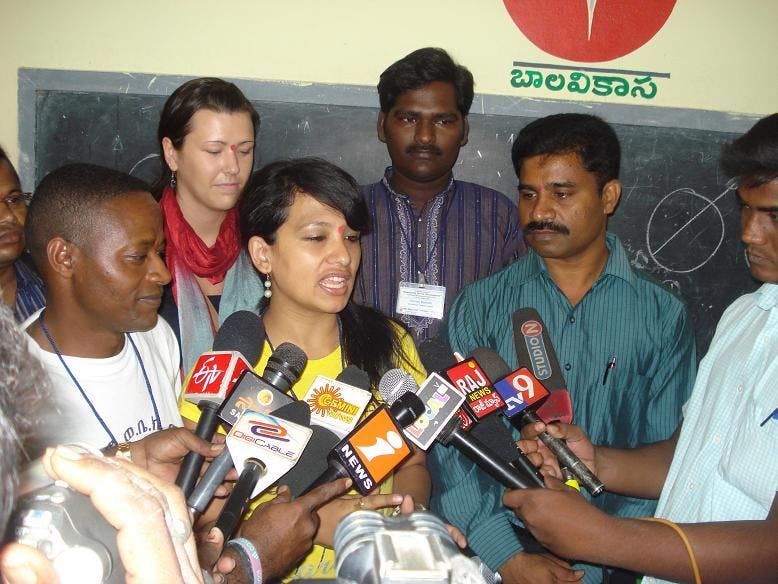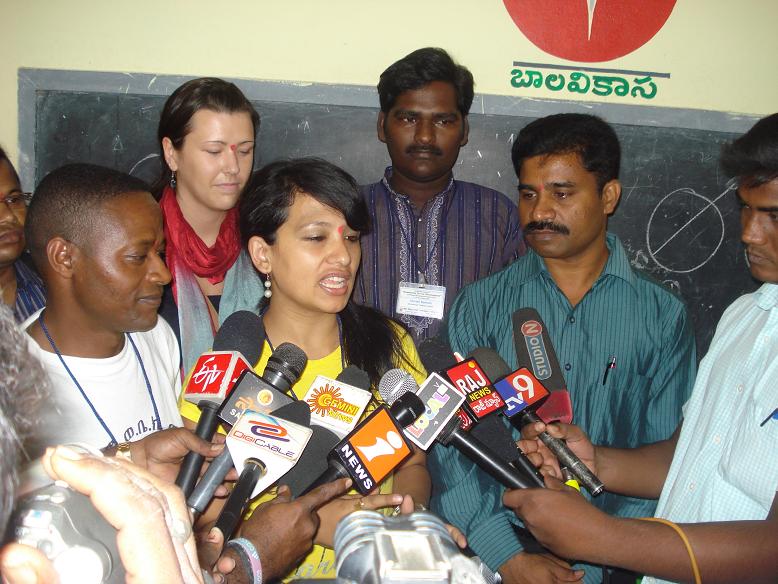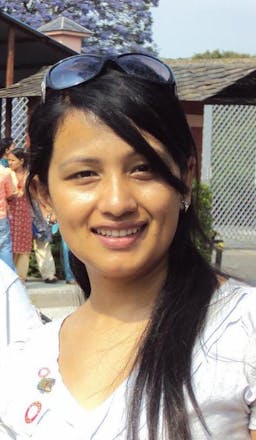Change is then not instituted and the status quo continues...
Jan 21, 2015
Story



Whether it be in Egypt or in Libya or the protest and revolution that happened just few years back in Nepal, the youth participation was and is always very high. The participation of youth in the political process has been rapidly increasing over time and so are our concerns about current events either through political parties or from individual interest. However, this interest does not assure that the youth have been equally represented at the policy and decision making levels. As a passionate and important demographic, youth should be better represented when it comes to policy decisions that often so greatly affect them.
The role of youth in every powerful political revolution in Nepal has been remarkable and very much appreciated. During the revolution in 2062-63BS, which changed our country from a democracy to a republic, 80% of the participants were youth. Even in the past revolution which happened in 2007, 2036 and 2046 BS and happened to be the most powerful revolutions in Nepalese political history, the role of youth was quite significant and very memorable. Youth powers were highly used even in the 10 years of internal conflict between the government and Maoist faction.
But when it comes to giving youth an opportunity to be involved in political decision, the majority of Nepali people and politicians still think that the youth are not mature enough to hold such power. They think the youth lack comprehensive knowledge and they have little experience to be involved in political decision making. In Nepali society it is believed that elders should lead and youth should follow.
Personally I agree with what United Nations Secretary- General Ban Ki-moon has said- "Youth should be given a chance to take an active part in the decision-making of local, national and global levels."
Though the major political parties have their own youth wings to encourage participation of young people in its activities, they still follow their predecessor’s footsteps even when the issues need to be changed. Therefore we have only been used for protest. For the past 1 ½ years, I have had the opportunity to work with student politicians. In all of my experience I have never heard them express their own opinions about change they are hoping for, but rather expressing their ‘party line’ or senior politician’s sayings. While students may have the potential to raise their voices in a unique and significant way, this is not always so easy. Often times, I find that we are controlled by the “mother party” and take the path of least resistance, carrying out the majority’s wishes. Change is then not instituted and the status quo continues.
Even though the youth’s voices may have not been properly heard (or listened to) in the past, the presence of youth in our national constitution-making process has created a new hope in Nepalese youth. The number of youth involved in politics has been increasing and so has the number of youth in central level positions of political parties. But we also need to be careful about ensuring quality education to the students in politics. They need to be given enough space and opportunities for their studies and qualifications to actually make them qualified for political decision making.
Youth are the agents of change and the greatest power in politics today. Youth have enthusiasm for new change, power to fight against bad systems, knowledge for timely improvements and the voice to change a society, a nation and the world. How can we even mention for example-The 2062/63B.S. revolution in Nepal or the revolution that just occurred in Egypt, and not consider the youth’s vital role for greater change?
The International Year of Youth 2010/11 can even play a major role by prioritizing the rights of youth in political decision making when it comes to issues like education, healthcare, employment and rights. When youth have access to share ideas and make our voices heard. We feel like we make an important difference! This is empowering and motivating to us as we want to help create a better community, country and world. Even at a young age, we begin to leave a positive mark on the planet!
This article is part of a writing assignment for Voices of Our Future, which is providing rigorous web 2.0 and new media training for 30 emerging women leaders. We are speaking out for social change from some of the most unheard regions of the world.




